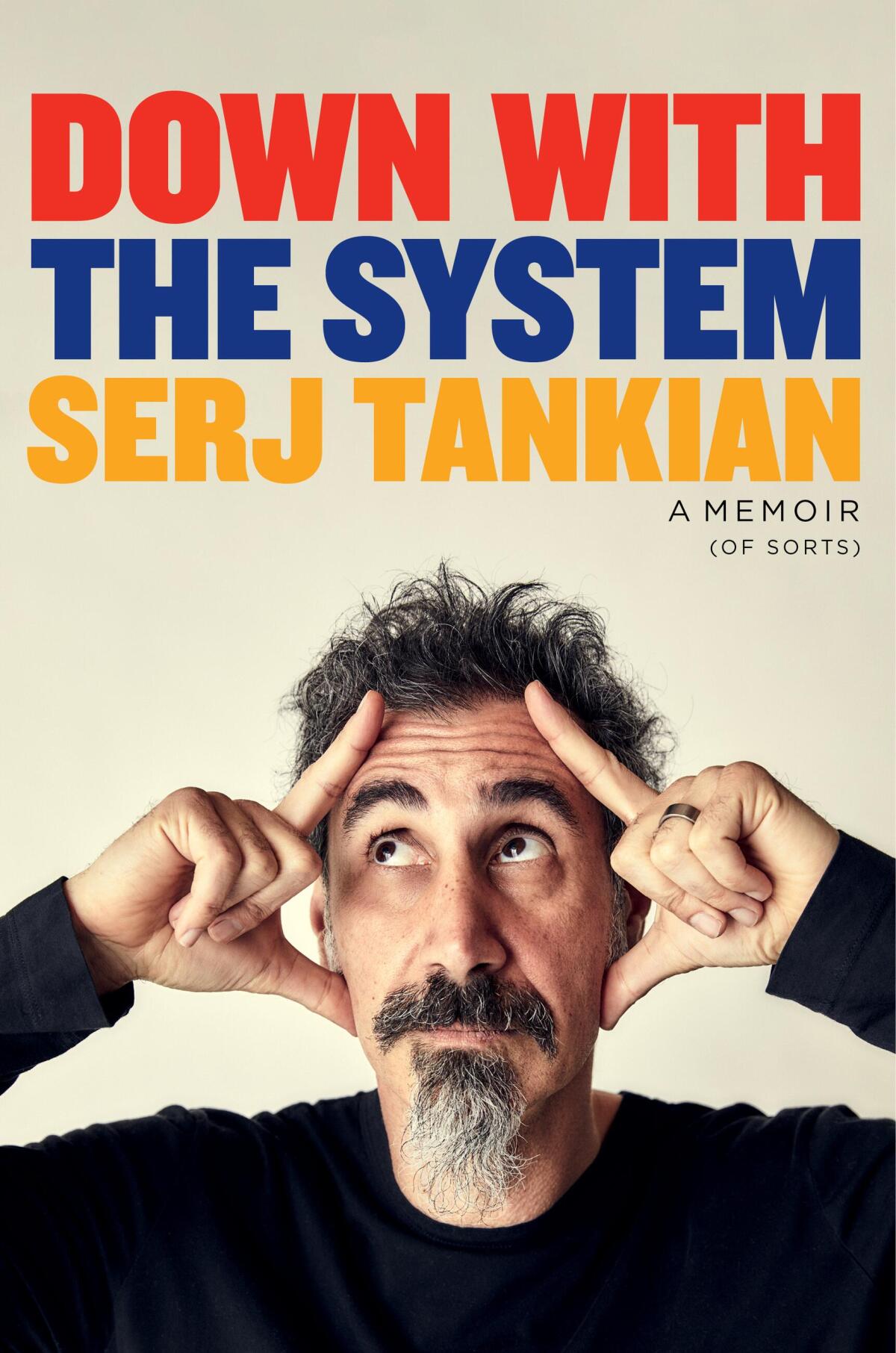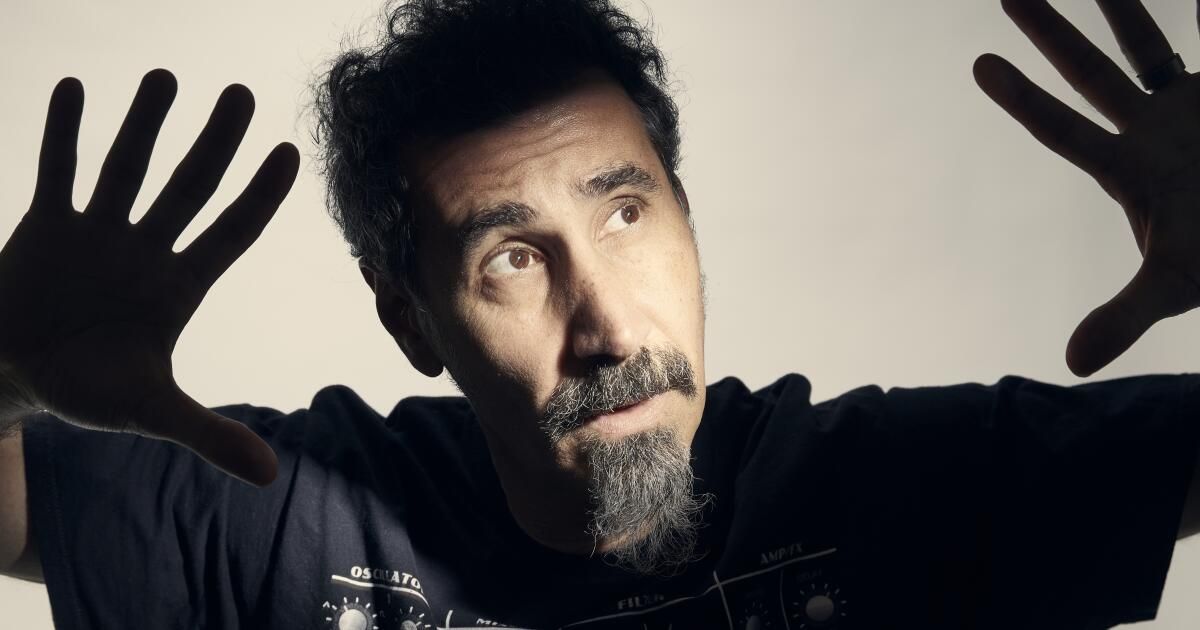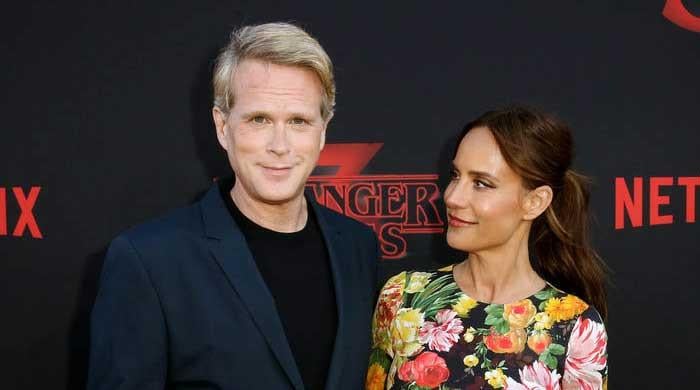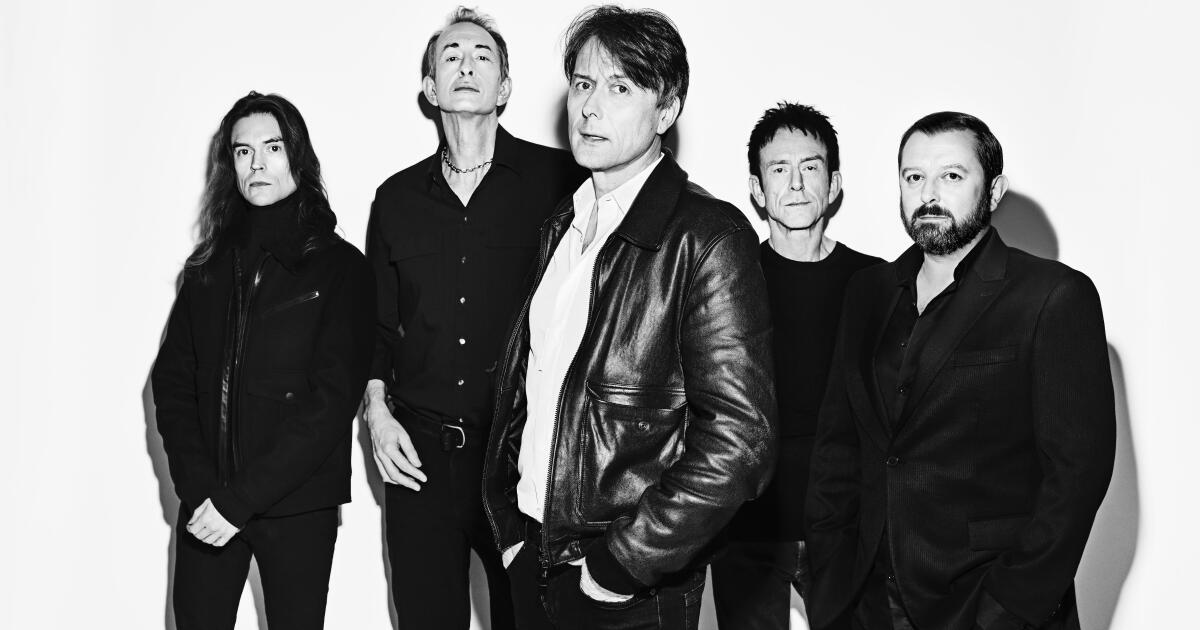Serj Tankian is a man of many talents. In addition to being the lead singer of the rock band System of a Down, he is also a soloist, composer, filmmaker and painter. This month he can add author to that list, as his memoir “Down With the System” will be published on May 14.
Born in Beirut to Armenian parents, Tankian and his family moved to Los Angeles when he was 7 years old. His multi-platinum band System of a Down is made up of four men of Armenian descent who grew up in Los Angeles. Although it has been almost 20 years since the band's last album, “Hypnotize,” came out in 2005, their influence on rock remains undeniable. Recently, the band was chosen to headline a show at Golden Gate Park accompanied by the Deftones, Mars Volta, Viagra Boys and Vows on August 17.
“Down With the System” begins with Tankian, a veteran advocate for Armenian causes, being questioned by Howard Stern in 2001 about an essay he wrote called “Understanding Oil,” which he posted on the band's website in the days after the 11 of September. He called 9/11 “a reaction to existing injustices around the world, generally invisible to most Americans.” As the United States recovered from the attacks, the essay sparked considerable controversy. Stern told listeners how Tankian “said the right things” on the show, and Tankian calls it a missed opportunity to say what he thinks about American foreign policy.
He promised not to let that happen again.
Always outspoken, Tankian spoke to The Times about his book, why he's optimistic about Armenia and whether we might see another System of a Down album.
Serj Tankian
(Photography by Travis Shinn)
What prompted you to write a memoir?
I received a call from a literary agent in London, who asked if I would be interested in a memoir. My first response was, not really. I want to write a book about the intersection of justice and spirituality. [laughs], a philosophy book, and we finally realized that both can be done in the same way. So it became a kind of memory.
Can you be optimistic about what is happening in Armenia?
I am an eternal optimist because I have to be, according to my culture. We've had such a tragic history that, without optimism, you wouldn't get out of bed. The reason I am optimistic is that Armenia has a very strong and growing economy right now; in fact, one of the strongest in all of Europe, in terms of GDP growth. The Velvet Revolution of 2018, the peaceful revolution, really pushed the country towards more transparent and accountable governance. He changed many things and slowly got rid of all post-Soviet corrupt policies. The problem arose in 2020, when Azerbaijan, with the help of Turkey, attacked Nagorno-Karabakh in Armenia. It basically caused a brain drain and the death of 5,000 men, like an entire generation of young people.
For those who don't know much about what's going on in Armenia, can you point them to a fact-based website, book or movie?
There is a wonderful Armenian English news website called Civil Net. [civilnet.am] that they can verify it. America's own Free Armenian Radio is also a resource.

I know it's a question you get asked every day, but will there be another System of a Down album?
Time will tell! I go into a lot of nitty-gritty detail in the process of understanding each other and laying out what everyone's vision is, at least what my vision is for the band, and moving forward. I'm proud to say that, in 2020, we were able to galvanize and make two songs. [“Protect the Land” and “Genocidal Humanoidz”] which we dedicate to our people in Nagorno-Karabakh in Armenia and to raise awareness and funds for people who are suffering.
Any concerns about how your bandmates might interpret some of what you've shared in the book?
Sure sure. I was very honest because that's what I am. I am an activist and without being honest there is no activism. But at the same time, I have compassion and love for kids. I have respect for boys. One of them is my brother-in-law! We are Family. We have been together for 30 years. The reason I even wanted to write it was that some of it is already public, but it's not really perceived correctly. I wanted to put it to bed so we can move beyond this.
Is there any performance of yours that reminds you a little more than the rest?
I would say [System’s] exhibition in 2015 in Yerevan, Armenia. It was the 100th commemoration of the Armenian genocide in Republic Square and it was broadcast around the world, so we had millions of people watching it. For the band it felt like the top of the mountain, like we had achieved something bigger than music. It was being with our people, our heritage, where we come from, and playing for them and for our ancestors and grandparents who were survivors of the genocide. It was an incomparable feeling.












